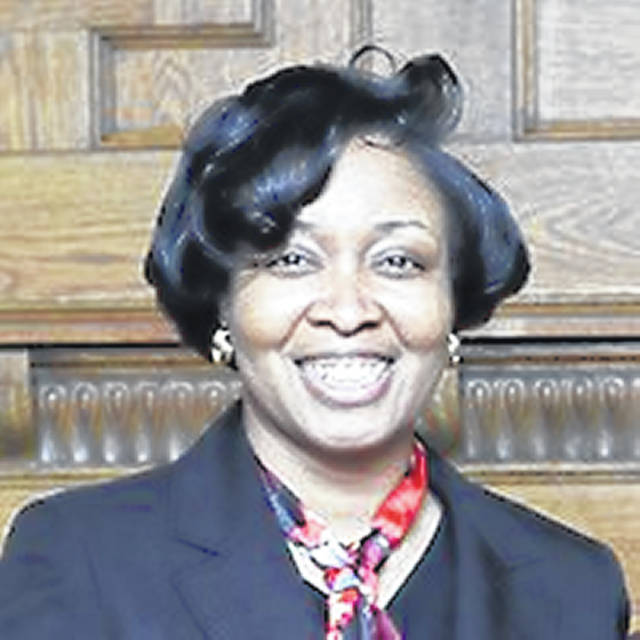Two weeks ago, I came across a thought-provoking article posted on CNN.com by Janelle Davis titled “How ‘ma’am’ went from being a respectful word for some — but polarizing for others.”
Davis, a senior producer of integrated content development for CNN, provides an intriguing perspective on how some younger women are often offended if someone calls them “ma’am.” She wrote that ma’am references began coming her way by the time she was in her mid-20s.
Davis did not disclose her age, but it is obvious from the photo next to her byline that she is still very young. To be called “ma’am” while still a 20-something for Davis felt like an “identity shift,” as she reflectively stated, “I’m no longer that innocent kid who plays soccer, enjoys summer off and is told ‘the world is your oyster.’ Now, I work the daily grind, get back pain and look forward to a night in watching documentaries. It all sort of sneaks up on you.”
Being much older than Davis — I’m sure I’m at least 20 years her senior — I get enjoying spending evenings at home watching documentaries, as I often use this downtime for class prep. For me, multi-tasking has become a treasured aging benefit.
Women my age and older can also relate to Davis’ sentiments regarding time and years rapidly sneaking up on you. I remember the popular “Life comes at you fast” ad campaign that Nationwide Insurance ran a little over a decade ago. Viewing these commercials then in my early 40s, I kept thinking, “Wow, I’ve actually been out of high school for a quarter of a century!”
Around this time was when I began to get my first “ma’am” references. Although on a casual day when I’d put my hair in a ponytail under a baseball cap, I would often be referred to by a grocery store clerk as “hun,” a friendly colloquial term for “honey.”
Ma’am is pretty much the standard referral I receive now when I’m out shopping and getting assistance from store associates, and I’m completely fine with it. I’ve learned to appreciate getting older, and I view it as a special gift from God as each birthday passes during this period in my life.
Davis mentioned how our culture attaches social value to a young woman in her prime, and as women reach milestone birthdays as early as 30, this value starts to decline. Yet, this cultural assessment based on physical appearance and youth that we have grown accustomed to misses the mark of cherishing attributes that cannot be restricted to a coveted age range. In fact, attributes such as virtuousness, wisdom, temperance and patience beautifully manifest as we mature from mistakes and overcome other obstacles life brings our way.
I learned about the biblical trait of a virtuous woman growing up in a southern Black Baptist church. The well-known scripture in Proverbs 31:10, “Who can find a virtuous woman? For her price is far above rubies,” was often the theme of the annual Women’s Day services.
I associated virtue with older women in the faith who were addressed as “ma’am,” which was never viewed as an undesirable term but one of respect. As an older woman now, I am thankful that I am growing in my understanding of the virtuousness God has placed in me.
My pastor, Overseer S.D. Carter, often reminds me that a virtuous woman is “nothing like what you see in the world today,” and that “faith, hope and love, with love being the greatest of these, are what makes a virtuous woman precious.” Knowing that I am progressing in these godly qualities causes me to smile when someone calls me “ma’am.”
While some see my obvious age markers, such as the grey strands peeking through my flat-ironed hair, I believe that many people see the “ma’am” characteristics that I admired in the older women in my church community as a young girl. I take joy in this because I know that God doesn’t have a time stamp to catalog my best years. This is my prime “ma’am season.”
I encourage young women like Davis to not be offended if they are called “ma’am” and to not let worldly social values of womanhood determine their worth. Believe me, when you are fortunate to reach the “ma’am” stage of life, you will reflect on your triumphs and trials as a blessing.
Dr. Jessica A. Johnson is a lecturer in the English department at The Ohio State University-Lima. Reach her at [email protected] or on Twitter @JjSmojc. Her opinion does not necessarily represent the views of The Lima News or its owner, AIM Media.







